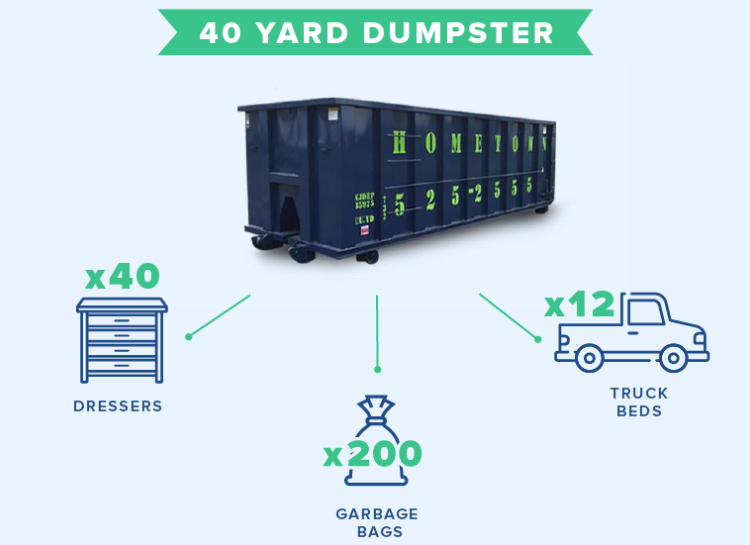The Ultimate Overview To Picking The Appropriate Dumpster Dimension For Your Job
The Ultimate Overview To Picking The Appropriate Dumpster Dimension For Your Job
Blog Article
Article Produced By-Romero York
When embarking on a project that calls for a dumpster, the dimension you pick can greatly influence its effectiveness and cost-effectiveness. Imagine having the ideal container that suits all your waste without being exceedingly huge or as well little. All of it beginnings with comprehending the subtleties of your project and choosing a dumpster dimension that lines up with your certain requirements. So, prior to you decide, think about the variables at play to make certain a seamless waste management process throughout.
Elements to Consider
When picking the appropriate dumpster size, there are numerous key aspects to consider.
Initially, consider the sort of waste you'll be throwing away. Various materials may call for differing quantities of space, so comprehending what you'll be putting in the dumpster is essential.
Next, assess source website of waste you anticipate to generate. If you take too lightly the volume, you might require to make multiple trips to throw away everything, which can be inconvenient and pricey. On the other hand, leasing a dumpster that's as well big can bring about unnecessary expenditures.
Additionally, think about the room where the dumpster will be positioned. Make dumps near me for the dumpster to be delivered and grabbed with no blockages.
Lastly, consider any weight constraints that may apply. Going beyond the weight limit can lead to added fees and even the rejection of service.
Dumpster Size Alternatives
For selecting the ideal dumpster size, it's important to have a good understanding of the readily available choices. Dumpster dimensions typically range from 10 to 40 cubic yards, with variants in between.
A 10-yard dumpster appropriates for small projects like a garage cleanout or a tiny improvement. If you're taking on a medium-sized project such as a cooking area remodel or a basement cleanout, a 20-yard dumpster may be the appropriate option.
For larger jobs like a whole-house renovation or commercial building and construction, a 30 or 40-yard dumpster could be preferable to accommodate the quantity of waste created.
When deciding on a dumpster dimension, take into consideration the amount and type of particles you expect to get rid of. It's far better to choose a somewhat larger size if you're unclear to avoid overfilling. Bear in mind, it's even more cost-efficient to rent a dumpster that fits your demands rather than needing to purchase an added one.
Matching Dimension to Job
Efficiently matching the dumpster dimension to your task is critical for efficient waste monitoring. To identify the right dimension, think about the extent and nature of your task.
For tiny home cleanouts or remodellings, a 10-yard dumpster may be enough. These are typically 12 feet long and can hold around 4 pickup lots of waste.
For bigger jobs like redesigning several areas or removing a large estate, a 20-yard dumpster could be more suitable. These are around 22 feet long and can hold roughly 8 pickup tons.
If you're taking on a significant construction project or industrial restoration, a 30-yard dumpster could be the most effective fit. These dumpsters have to do with 22 feet long and can fit concerning 12 pickup truck tons of debris.
Matching the dumpster dimension to your task ensures you have enough room for all waste materials without overpaying for extra capacity.
Final thought
In conclusion, selecting the right dumpster size for your project is essential for reliable garbage disposal. By thinking about factors like the type and quantity of waste, room accessibility, weight constraints, and budget plan restrictions, you can guarantee you have the ideal dimension dumpster for your requirements. See to it to match the size of the dumpster to the range and nature of your job to stay clear of overspending on unnecessary expenditures.
